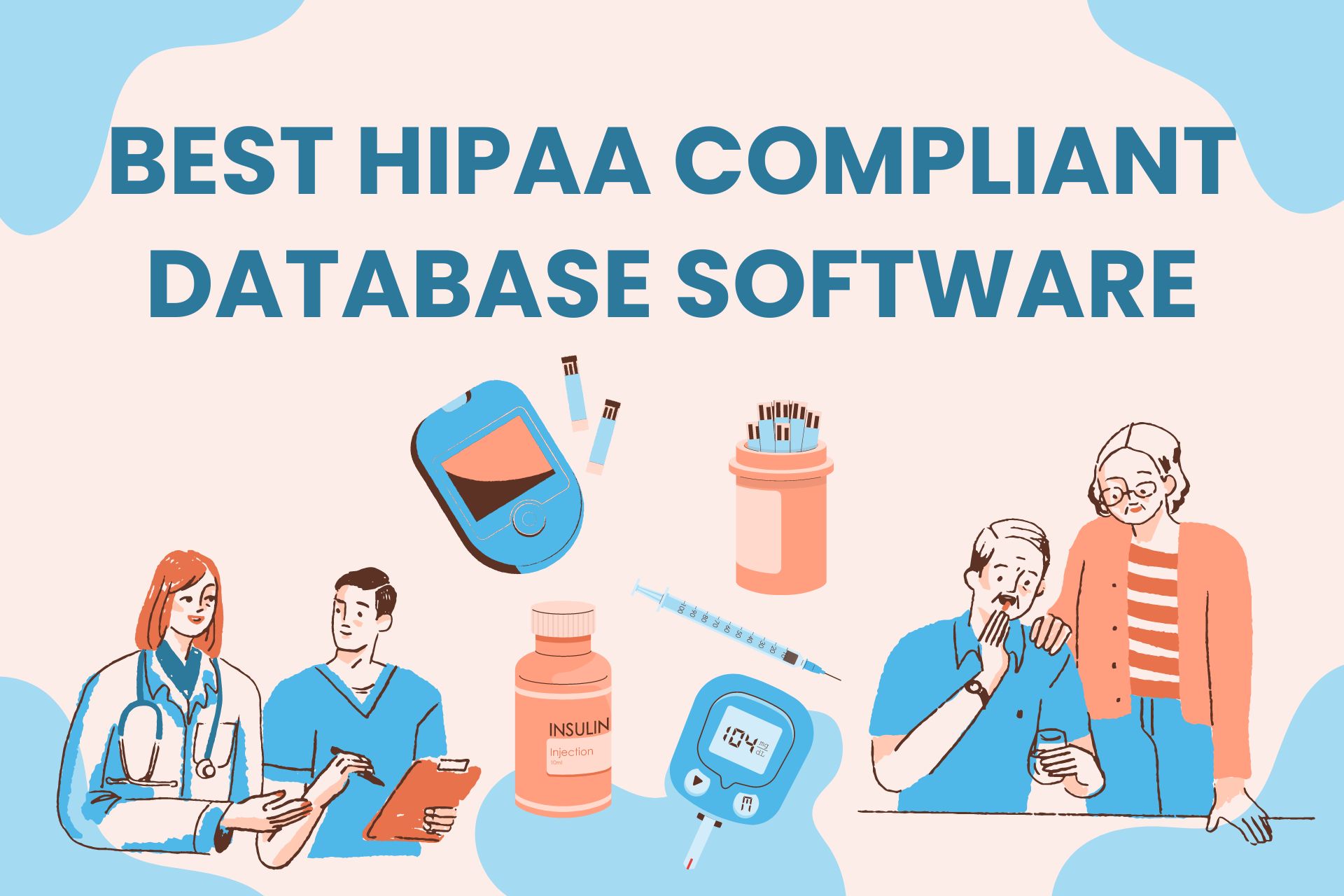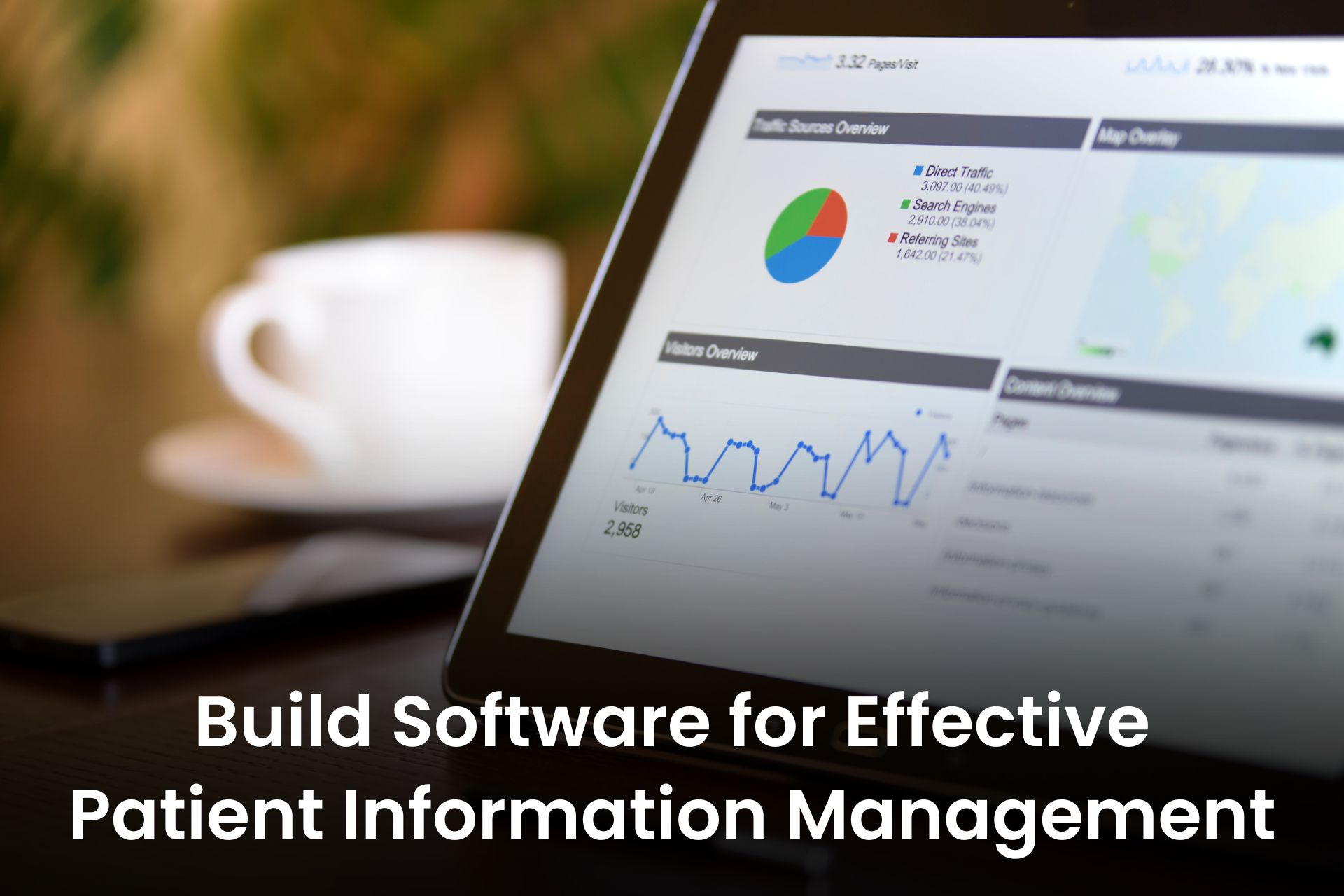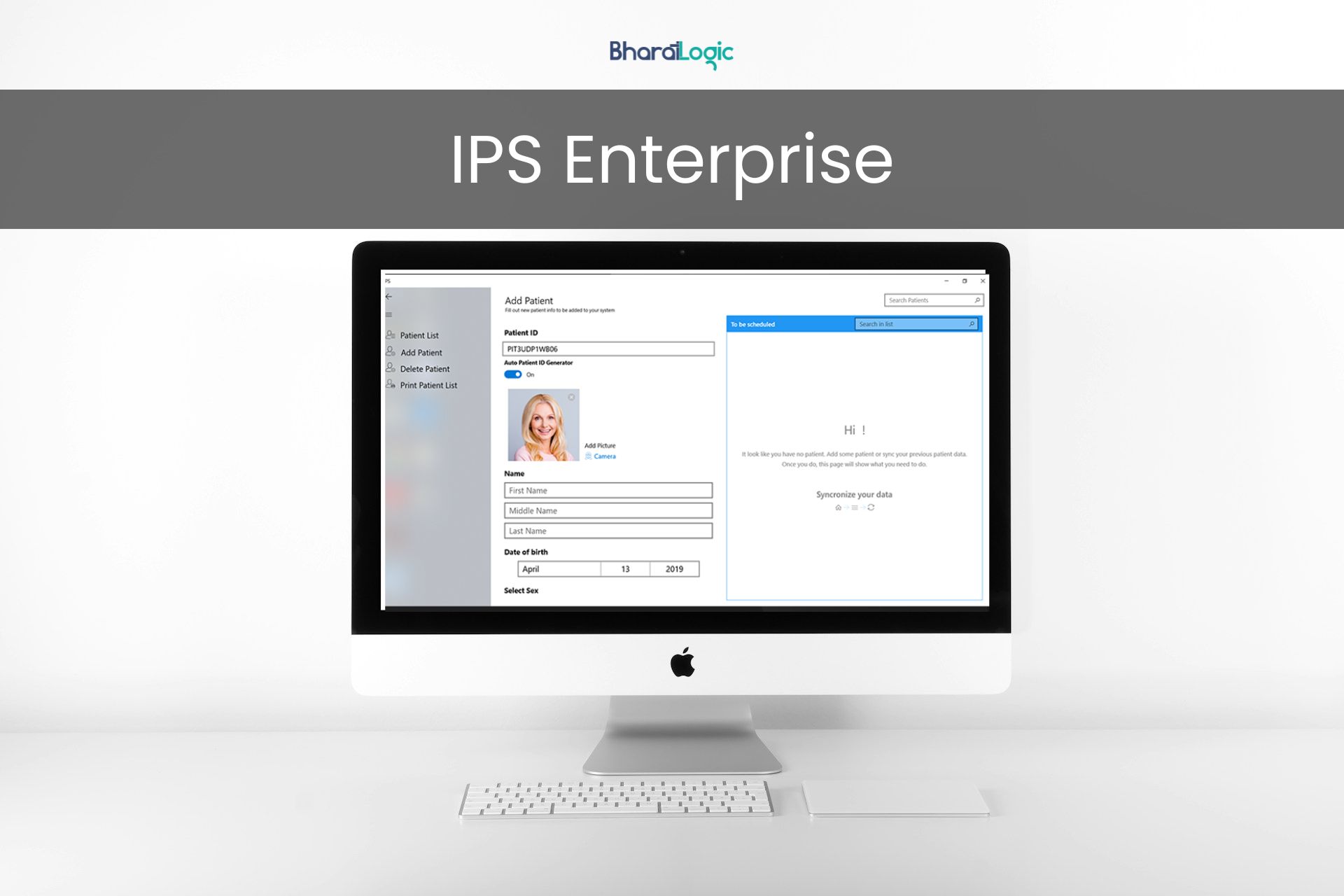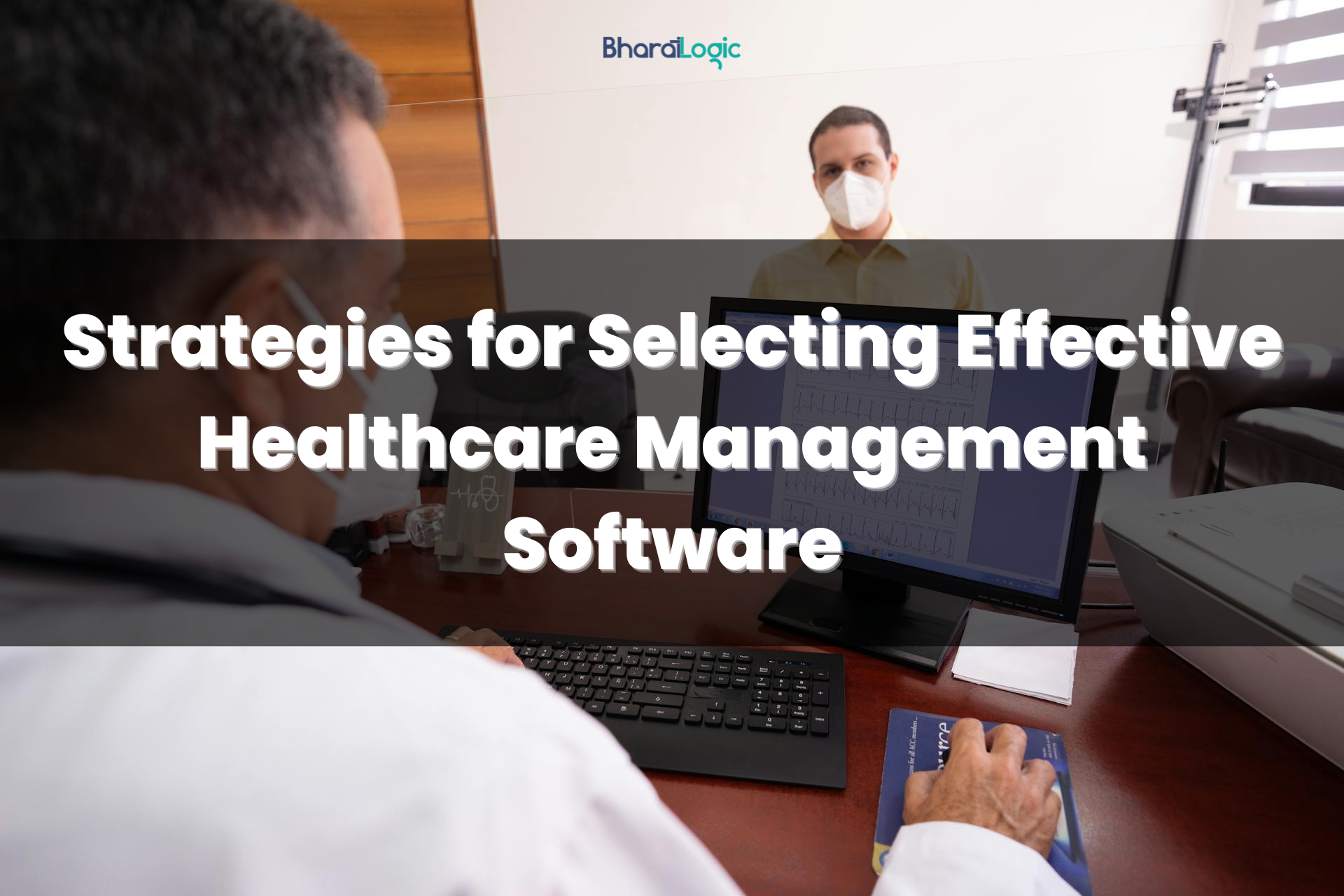Selecting a Best HIPAA Compliant Database Software
The healthcare industry is increasingly relying on technology to manage and store patient data. With the rise in data breaches and privacy concerns, it is more important than ever for healthcare providers to ensure that their database software is HIPAA compliant. HIPAA, which stands for the Health Insurance Portability and Accountability Act, sets the standard for protecting sensitive patient information.
Selecting the best HIPAA compliant database software is crucial to ensuring the security and privacy of patient data. With so many options available on the market, it can be overwhelming to determine which software is the best fit for your organization. In this blog, we will discuss some key factors to consider when choosing a HIPAA compliant database software.
Understand the Requirements of HIPAA Compliance
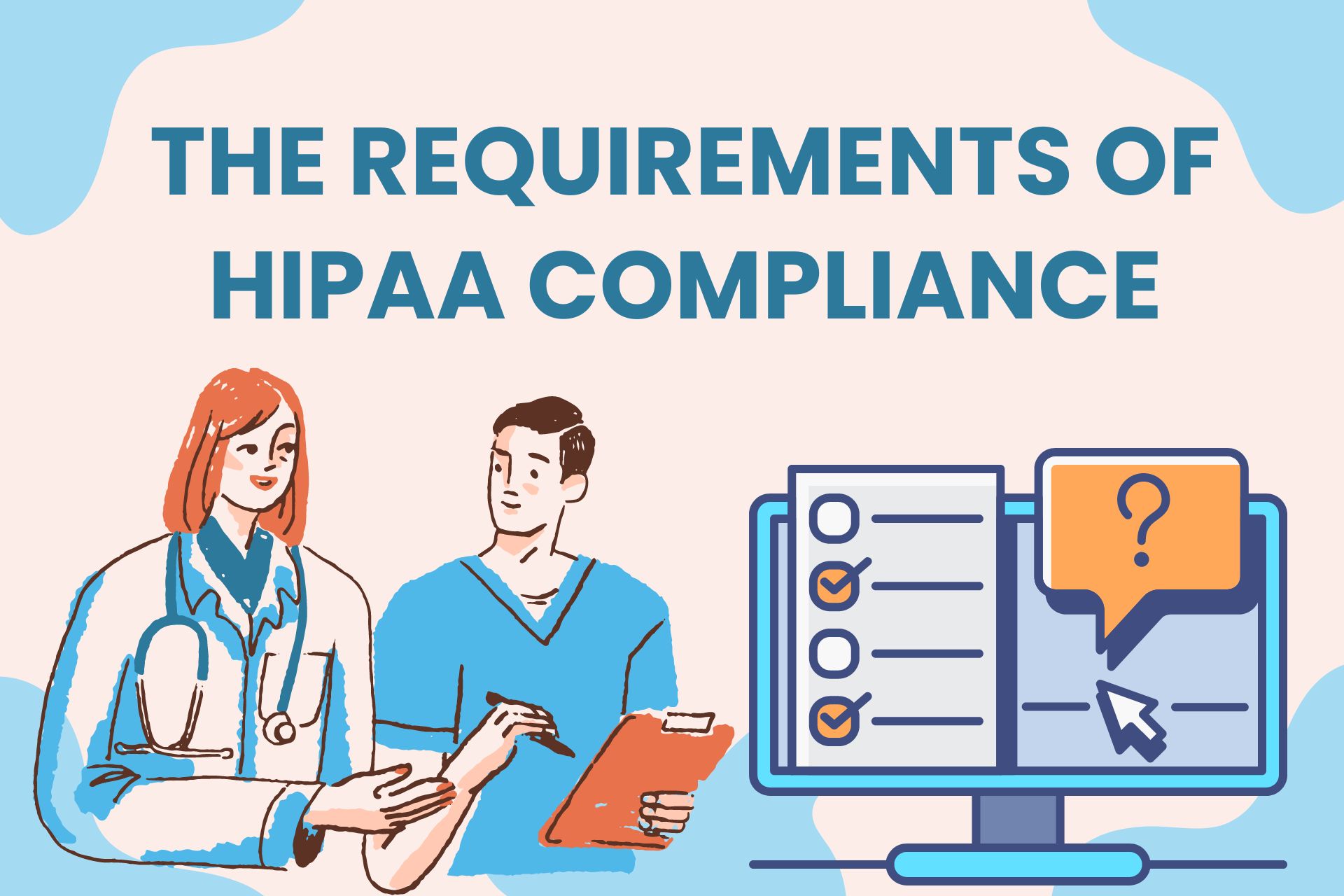
Before selecting a HIPAA compliant database software, it is important to have a clear understanding of the requirements set forth by HIPAA. This includes understanding the security and privacy rules that govern the protection of electronic protected health information (ePHI). By familiarizing yourself with these requirements, you can better evaluate whether a particular database software meets the necessary criteria for compliance.
Evaluate Security Features

One of the most important factors to consider when selecting a HIPAA compliant database software is the security features it offers. Look for software that provides encryption to protect data both at rest and in transit. Additionally, consider whether the software offers access controls, audit trails, and monitoring capabilities to track and manage who has access to sensitive patient information.
Consider Scalability and Flexibility

As your organization grows, it is important to select a database software that can scale with your needs. Consider whether the software offers the flexibility to accommodate increases in data volume or changes in technology. Additionally, ensure that the software can integrate with other systems and applications that your organization uses to streamline workflows and improve efficiency.
Assess Vendor Reputation and Support

When selecting a HIPAA compliant database software, it is important to consider the reputation and reliability of the vendor. Look for vendors that have a track record of providing secure and compliant solutions to healthcare organizations. Additionally, consider whether the vendor offers ongoing support and maintenance to ensure that your software remains up to date and in compliance with HIPAA regulations.
Evaluate Cost and Pricing
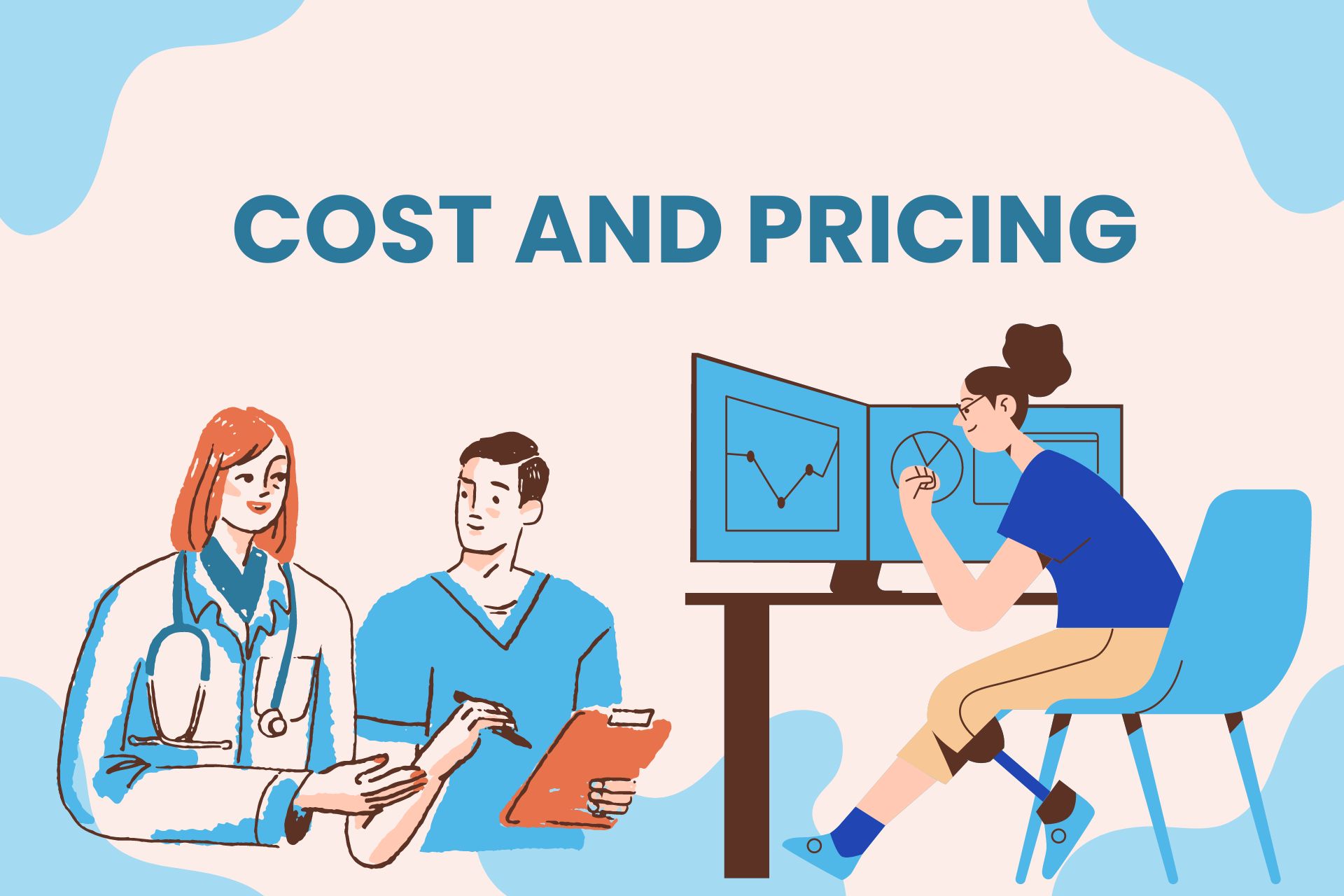
Cost is another important factor to consider when selecting a HIPAA compliant database software. Compare pricing options and licensing models to determine which software offers the best value for your organization. Keep in mind that while cost is important, it should not be the sole determining factor in your decision-making process. It is important to balance cost with the security and compliance features that the software offers.
Consider Cloud vs. On-Premise Solutions
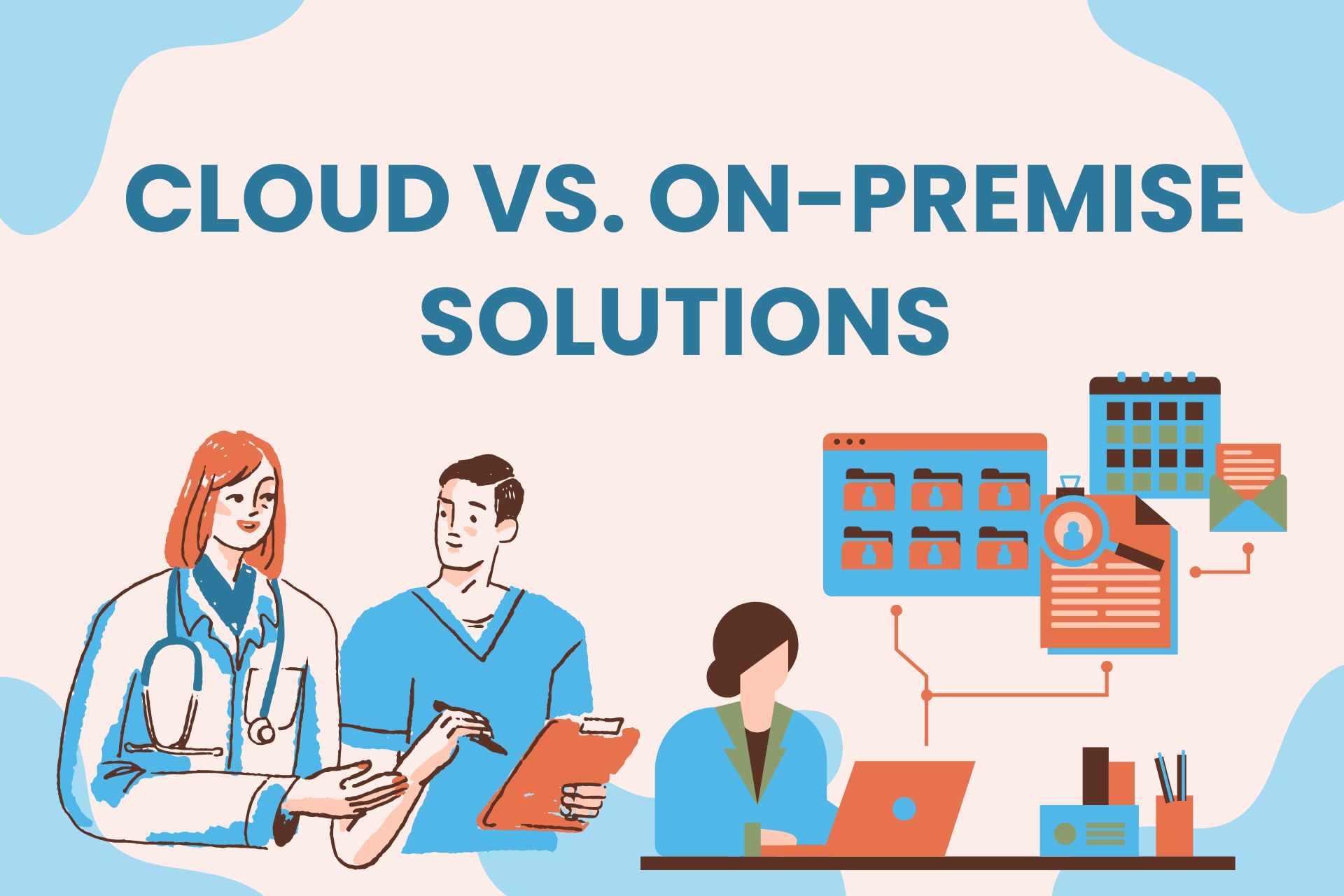
When selecting a HIPAA compliant database software, you will need to decide whether a cloud-based or on-premise solution is the best fit for your organization. Cloud-based solutions offer the benefit of scalability, flexibility, and reduced maintenance costs, while on-premise solutions provide greater control over data security and compliance. Consider your organization’s specific needs and requirements when deciding which type of solution is the best fit.
Seek Recommendations and References

Before making a final decision on a HIPAA compliant database software, seek recommendations and references from other healthcare organizations that have implemented the software. Ask for feedback on the software’s performance, security, and compliance features to help inform your decision. Additionally, consider consulting with IT professionals or security experts for guidance on selecting the best software for your organization.
Conclusion
Selecting a HIPAA compliant database software is a critical decision for healthcare organizations that handle sensitive patient information. By considering factors such as security features, scalability, vendor reputation, cost, and cloud vs. on-premise solutions, you can make an informed decision that best meets the needs of your organization. Remember to prioritize compliance with HIPAA regulations to ensure the security and privacy of patient data.
When searching for the perfect expert to guide you through the world of software development, look no further than Bharatlogic. With a deep understanding of both web and mobile app development, Bharatlogic stands out as a trusted and reliable name in the industry. Their team of experienced programmers and developers make them the ideal digital partner for any project you have in mind. Trust Bharatlogic to provide clarity and expertise every step of the way.

